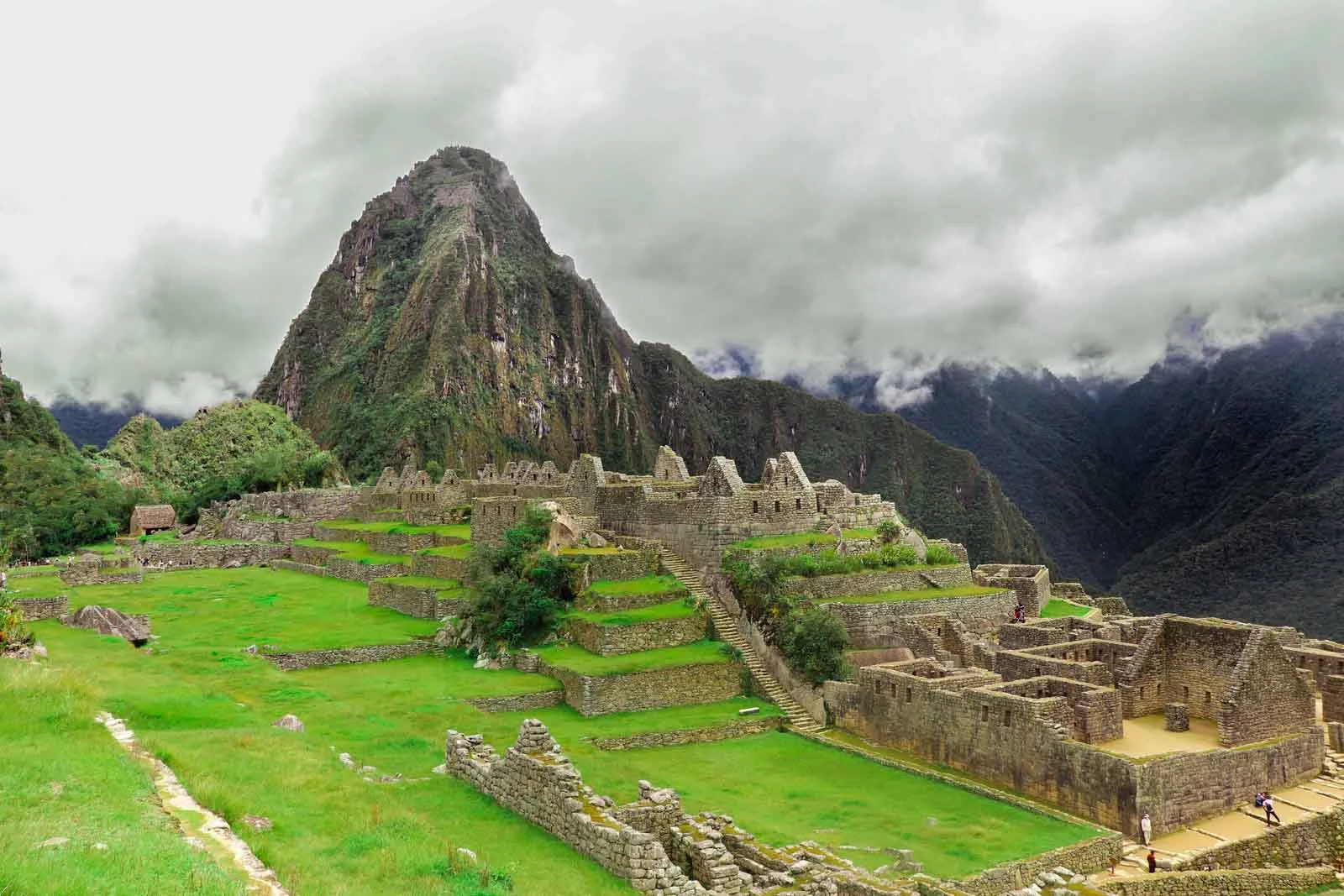
Machu Picchu surrendering to the stone citadel in the sky | Travel News
Before departing for Peru, Janice Jada Griffin practiced what she termed a "priming of the self," opening the senses and imagination without expecting anything in return. This preparation was deemed essential, especially before visiting the legendary archaeological site of Machu Picchu, where around 4,500 visitors are allowed entry each day by the Peruvian State. Simplifying expectations was necessary, and at night, hopes for a positive experience were held despite the anticipated crowds.
Pablo Neruda, the Chilean poet renowned for his erotic verses and hailed by Gabriel García Márquez as "the most important poet of the twentieth century in any language," had visited the ruins in 1943, later publishing Alturas de Machu Picchu (Heights of Machu Picchu) in 1945. Neruda likely made the journey from Aguas Calientes to the ancient site on horseback, mounted on an elegant Peruvian Paso, as Griffin had hoped to do in 2024, though it was not possible.
An alternative to hiking on foot through challenging routes was riding the luxury Vistadome train operated by PeruRail, which departs from Hotel Tambo del Inca in Urubamba. Though relatively expensive, it seemed the perfect choice, as there is no avoiding the crowds regardless of the mode of transportation. Griffin was already residing in Urubamba, renting a casita from Kyd Campbell, a Canadian entrepreneur and owner-operator of Frontierlab Cabalgatas. Kyd arranged everything perfectly, and even though the departure took place at 6 a.m. during a monsoon downpour, the happiness felt was palpable, almost overwhelming, like love. The rain added to the beauty of the experience.
The train journey takes several hours, depending on the time spent switching lines, and follows the Yukay/Vilcanota River, passing the fortress-temple complex of Ollantaytambo before arriving in Aguas Calientes. While most roads in the Andes alternate between paved and dirt surfaces, the Hiram Bingham Highway, named after the Yale University professor who claimed to have discovered Machu Picchu in 1911, is well-maintained asphalt. From "Machu Picchu Village," Griffin would take a bus, ascending peaks with breathtaking views of the landscape.
The story of Hiram Bingham is well known in Peru, but his fame is controversial. Seeking recognition and fortune, Bingham stole priceless pre-Colombian artifacts from Peru, and it was actually indigenous campesinos, still farming the Incan terraces, who led him to Machu Picchu. Agustín Lizárraga Ruiz, a Peruvian explorer, had left his name carved on one of the site’s walls in 1902, nine years before Bingham’s arrival.
Travel can offer transformative experiences, as seen in the journey of Argentine medical student Ernesto "Che" Guevara, who passed through Peru on his motorcycle and began to realize the deep inequalities faced by its people. His travels revealed the hardships of the peasants, many of whom still lived under a feudal system dating back to the Spanish conquest.
In a world that often isolates individuals and communities, travel can help foster connections and understanding, demonstrating that shared experiences outweigh differences. In Peru, where government policies often fail the highland communities, micro-level connections, built person by person, can heal generational wounds.
Check Our Suggested Tours:
- Following the Path to the Sacred Sun Gate
- The Soul of Two Worlds: A Grand Amazon & Andes Expedition 14d/13n
- Family Adventure Tour
- From the Heart of the Jungle to the Sacred Mountain: A Luxury Expedition Through the Amazon & Ausangate 16d/15n
- Sacred Valley's uphill ascent to the Machu Picchu adventure
- Peru By Belmond Tour

